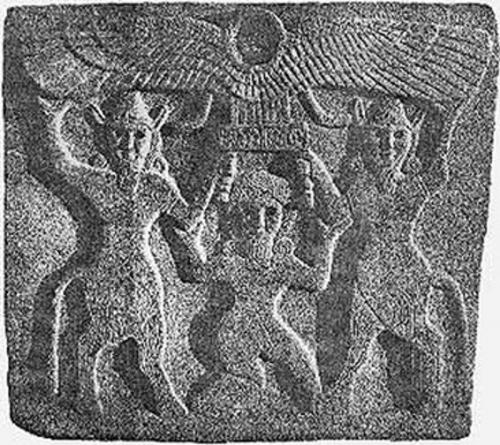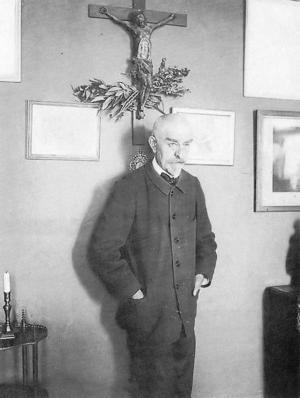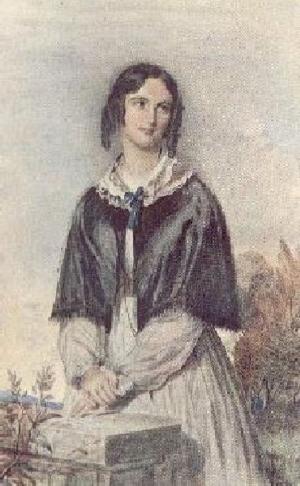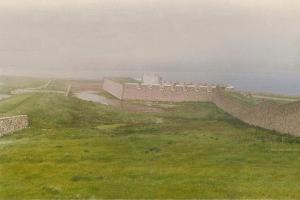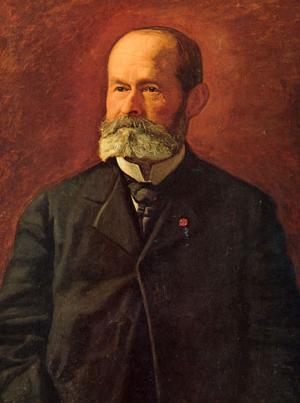| Author: | ISBN: | 9781455445301 | |
| Publisher: | B&R Samizdat Express | Publication: | December 15, 2009 |
| Imprint: | Language: | English |
| Author: | |
| ISBN: | 9781455445301 |
| Publisher: | B&R Samizdat Express |
| Publication: | December 15, 2009 |
| Imprint: | |
| Language: | English |
This edition combines the 1901 translation by William Muss Arnolt and the 1920 An Old Babylonian Version of the Gilgamesh Epic on the Basis of Recently Discovered Texts by Jastrow and Clay. According to Wikipedia: "The Epic of Gilgamesh, an epic poem from Mesopotamia, is amongst the earliest surviving works of literature. The literary history of Gilgamesh begins with five independent Sumerian poems about 'Bilgamesh' (Sumerian for Gilgamesh), king of Uruk. Four of these were used as source material for a combined epic in Akkadian. This first combined epic, known as the "Old Babylonian" version, dates to the 18th century BC and is titled after its incipit, Shūtur eli sharrī ("Surpassing All Other Kings"). Only a few fragments of it have survived. The later "Standard Babylonian" version dates from the 13th to the 10th centuries BC and bears the incipit Sha naqba īmuru ("He who Saw the Deep", in modern terms: 'He who Sees the Unknown). Fragments of approximately two thirds of this longer, twelve-tablet version have been recovered. Some of the best copies were discovered in the library ruins of the 7th-century BC Assyrian king Ashurbanipal."
This edition combines the 1901 translation by William Muss Arnolt and the 1920 An Old Babylonian Version of the Gilgamesh Epic on the Basis of Recently Discovered Texts by Jastrow and Clay. According to Wikipedia: "The Epic of Gilgamesh, an epic poem from Mesopotamia, is amongst the earliest surviving works of literature. The literary history of Gilgamesh begins with five independent Sumerian poems about 'Bilgamesh' (Sumerian for Gilgamesh), king of Uruk. Four of these were used as source material for a combined epic in Akkadian. This first combined epic, known as the "Old Babylonian" version, dates to the 18th century BC and is titled after its incipit, Shūtur eli sharrī ("Surpassing All Other Kings"). Only a few fragments of it have survived. The later "Standard Babylonian" version dates from the 13th to the 10th centuries BC and bears the incipit Sha naqba īmuru ("He who Saw the Deep", in modern terms: 'He who Sees the Unknown). Fragments of approximately two thirds of this longer, twelve-tablet version have been recovered. Some of the best copies were discovered in the library ruins of the 7th-century BC Assyrian king Ashurbanipal."
